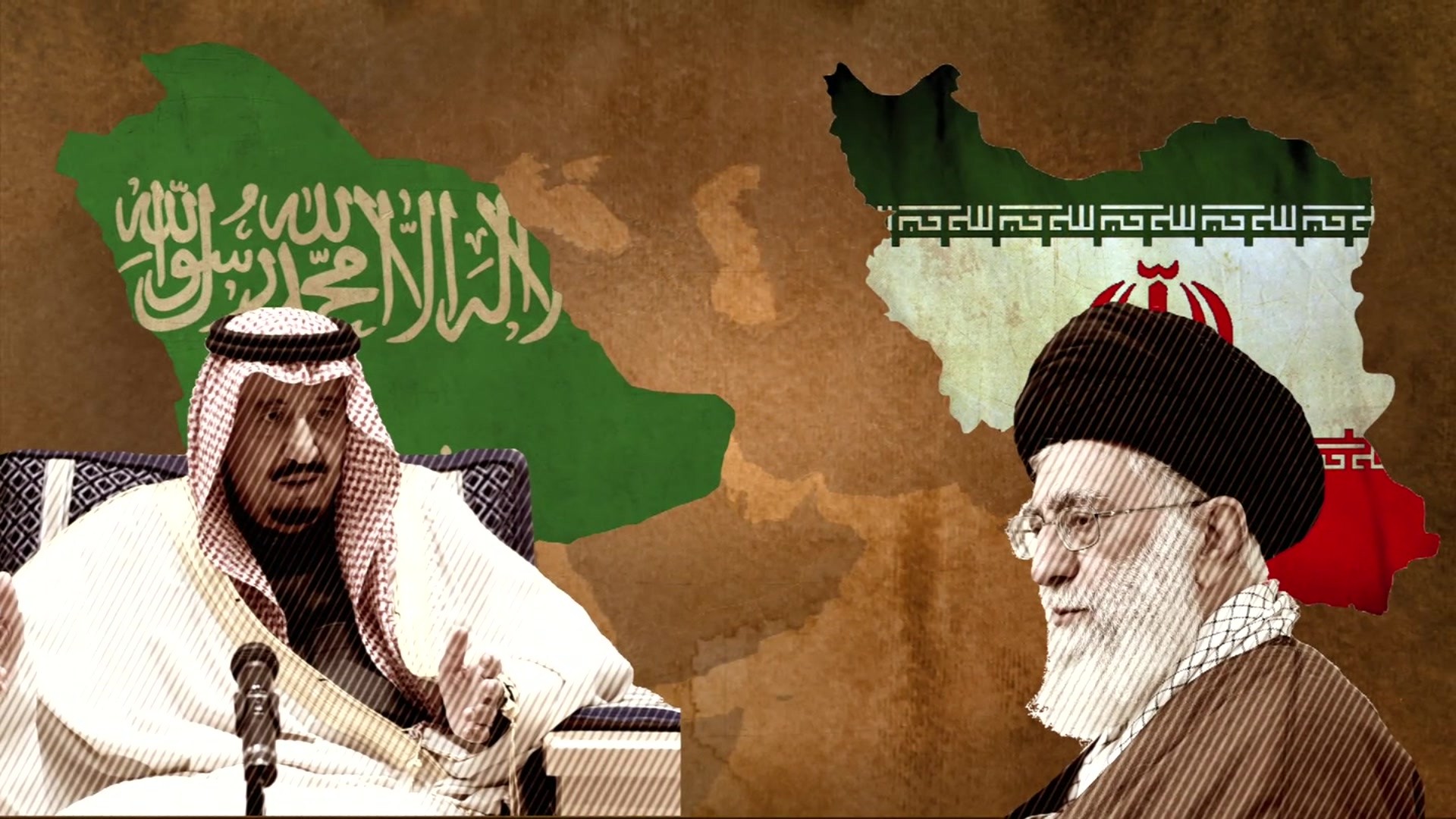The fragile diplomacy that Saudi-Iranian has used to de-escalate tensions
Relations between Saudi Arabia and Iran are at crossroads
Baghdad Summit was the first face to face meeting between Iranian and Saudi Arabian foreign ministry since at least 2016. It is a significant breakthrough in a rivalry which has been raging for many years. There are precedents for diplomatic negotiations between these two countries.
In the middle of the 1990s, Hassan Rouhani, Iran’s former security chief, and Prince Nayef Ben Abdulaziz (Saudi interior Minister) signed a security deal in which both parties agreed not to interfere in their internal affairs. 2001 marked the first year of formal agreements between the Saudi and Iranian interior ministers. This agreement addressed counter-terrorism as well as Afghanistan. Iran, Iran and Mohammad Khatami were all Iranian presidents. Saudi Arabia was shocked at Iran’s growing influence in the Arab Region despite its high-level engagement. Saudi Arabia believes Iran formed a strategic corridor that extended from Afghanistan to Lebanese shores of the Mediterranean.
Riyadh is even more concerned that Iran has attacked Saudi’s economic and civil infrastructure. Iran has provided advanced missiles to the Houthi rebels. Uninhabited aerial vehicles. It also launched exact attacks on Saudi Aramco oil facilities at Abqaiq and Khurais in 2019. Saudi Arabia also invested billions in sophisticated fighter jets and weapons systems to demonstrate its superiority against Iran. Riyadh also supported Washington’s withdrawal from the 2015 Iran Nuclear Deal, and praised its’maximum pressure’ against Iran.
If diplomacy failed to manage the Saudi-Iranian conflict, then why are Saudi Arabians & Iranians talking again? Iran believes that talks are a signal to the rest of the region that both regional antagonists are willing to end their conflicts. Iran regards the US presence in the region as the greatest threat. Iran might be aware of Washington’s desire to reduce its presence in the region and give the impression that normalcy in Saudi-Iranian relations is possible.
These talks are meant to allow Saudi Arabia to reduce tensions towards Iran. Riyadh has been engaged in a de-escalatory drive over the past year. It has worked to end the differences at Al Ula summit between Qatar and rebuild relations with Turkey. Riyadh seems to be well aware of the risks of aggressive foreign policy. Regional stability is needed to support Riyadh’s domestic economic plans which are dependent on foreign investment and local connectivity.
Saudis are well aware that Iran is not in a position to exert much influence over it and cannot do anything about it. Riyadh clearly plays to the Biden Administration’s tune about diplomatic engagement with Iran as a way of managing a complex relationship with its traditional security ally the US. Riyadh released Ali al-Nimr from prison. Saudi authorities executed his nephew and Shia cleric Nimr Al-Nimr.
A fragile diplomacy can be vulnerable to spoilers and problems
At most, there are two obstacles that could prevent progress in the negotiations. The first is the resolution of sequencing issues and an agreement. Iran appears keen on re-establishing diplomatic relations

